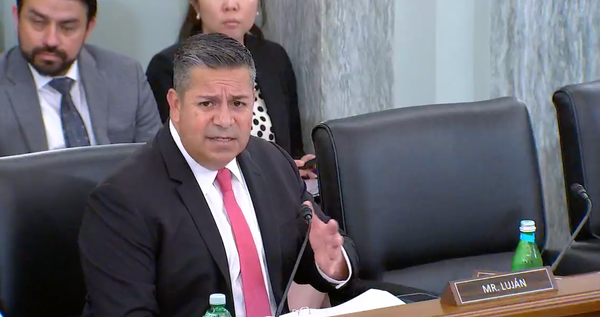Federal Communications Commission Releases Proposed Rules Regarding Emergency Broadband Benefit
February 22, 2021 – Jessica Rosenworcel, acting chairwoman of the Federal Communications Commission, on Monday released proposed rules governing the implementation of the Emergency Broadband Benefit Program. If adopted by the agency, the program would unleash $3.2 billion of federal initiative for q

February 22, 2021 – Jessica Rosenworcel, acting chairwoman of the Federal Communications Commission, on Monday released proposed rules governing the implementation of the Emergency Broadband Benefit Program.
If adopted by the agency, the program would unleash $3.2 billion of federal initiative for qualifying households to receive discounts on their internet service and provide an opportunity to receive a computer or tablet at a discounted price.
The proposed rules include opening the emergency benefit program to all types of broadband providers, requiring them to provide broadband service to eligible households receiving reimbursements for service and devices. Households are also encouraged to “affirmatively indicate their interest in the program.”
To be eligible for the program, a member of the household can qualify through a variety of ways. One way is to also qualify for the FCC’s Lifeline program, an older program that helped make communication services like telephone and broadband more affordable.
Household members that have received a federal Pell grant or receive benefits under the free and reduced-price school lunch or breakfast program also may qualify. In light of the COVID-19 pandemic, members who have experienced a substantial loss of income or meet eligibility criteria for a participating providers’ existing low-income or COVID-19 program can also qualify.
“As we work our way through a pandemic that has upended so much in our day-to-day life, we have been asked to migrate so many of the things we do online,” said Rosenworcel. “From work to healthcare to education, this crisis has made it clear that without an internet connection too many households are locked out of modern life. It’s more apparent than ever that broadband is no longer nice-to-have. It’s need-to-have.”
“No one should have to choose between paying their internet bill or paying to put food on the table,” she added.










